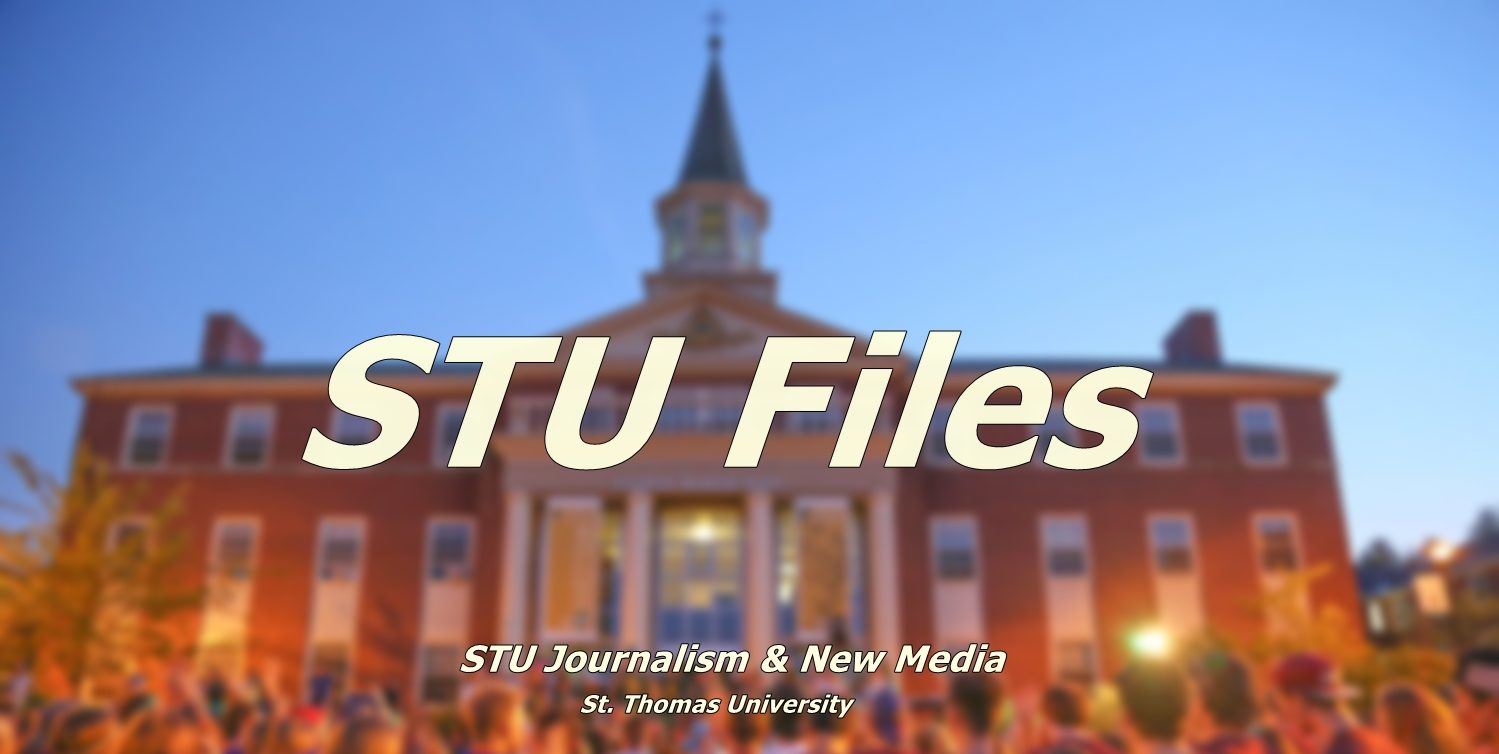Students Tackling the Indigenous Water Crisis

A small group of students at the University of New Brunswick are taking on the task of providing Indigenous communities with clean water.
The UNB Water Project was researched and founded by a first year engineering student named Nathan McNally.
“There are over 150 water advisories in Indigenous communities in Canada. Which means there are lots and lots of communities that don’t have access to clean water. Which is really sad because this is Canada – a country were there should be human rights for everybody.” McNally said.

And water certainly is a human right according to the international human rights community.
In the United Nations resolution 64/292 the UN “recognizes the right to safe and clean drinking water and sanitation as a human right that is essential for the full enjoyment of life and all human rights.”
International human rights organizations have been calling Canada out for not providing this right to Indigenous and First Nations communities.
 “An estimated 20,000 First Nations people living on reserves across Canada have no access to running water or sewage. In addition, at any one time 110 to 130 First Nations are under boil water advisories because their municipal water is not safe to drink.
“An estimated 20,000 First Nations people living on reserves across Canada have no access to running water or sewage. In addition, at any one time 110 to 130 First Nations are under boil water advisories because their municipal water is not safe to drink.
In 2006, an expert panel appointed by the federal government concluded that drinking water problems in First Nations communities were primarily the result of federal underfunding.” reported Amnesty International Canada.

Justin Trudeau first promised to address the water crisis in 2015, during his election. In fact, he pledged to end all drinking water advisories within five years. But he is nowhere close to meeting that goal, according to Vice News.
The former Conservative government passed the Safe Drinking Water for First Nations Act in June 2013. The act was designed to allow “for the development of regulations to ensure access to safe, clean and reliable drinking water and effective treatment of wastewater on First Nation lands.”
Unfortunately, the passing of the bill did not solve the issue.

There was a “joint report by the David Suzuki Foundation, Amnesty International, the Council of Canadians and Human Rights Watch (which) reviewed nine First Nations in Northern Ontario — the epicentre of the water crisis” according to Vice News which found that Trudeau will not be able to meet this promise.
The report identifies seven key reasons for delays in solving the water crisis:
- A complex and cumbersome federal process
- No regulatory framework to govern drinking water on reserves
- Insufficient infrastructure funding and allocation
- Lack of adequate resources to operate and manage water treatment
- Lack of First Nations decision-making power over resolving water issues
- Little government transparency on its progress on the issue
-
No holistic approach to addressing water issues along with other issues on reserves
Students like McNally are inspired to work from the local upwards. First year engineering student and vice president of the UNB Water Project Grace Standen is one of these students.
“Yeah, I really want to be involved with something that actually makes a difference, and apply the knowledge that I’m getting, in a project that can help people. Instead of having all this knowledge that doesn’t get used. Or is just used in a job later on,” said Standen.
McNally and Standen are trying their best to keep in mind challenges such as faulty pre-existing infrastructure, societal biases and privilege, cultural differences and so much more. Standen speaks about attending a conference concerning challenges facing Indigenous communities.

“It was a gathering of youth like me, ‘settlers,’ and also youth Indigenous people, and then elders in different communities around New Brunswick and Nova Scotia.
What really struck me was the respect and the connection they have with the water. The water isn’t just an inanimate object sortof. They have more of a spiritual connection to it.
They really want to protect their land and their water. They respect the land and water. And I think we need to learn and respect from that too,” Staden said.

The water crisis is only one of many issues facing the Indigenous communities across the country. The Wolastoqitik Sisters in Spirit Vigil takes place every year at the St. Mary’s First Nation Old Reserve to bring attention to the many missing and murdered Indigenous people in Canada. A recent example of this is alarmingly close to home with the hit and run which killed 22 year old Brady Francis this February in Saint-Charles, a predominantly francophone town about 12 kilometres south of the Elsipogtog First Nation.
Students hope that with the work of many organizations, including the UNB Water Project that there can be equity and reparation for Indigenous and First Nations community members.
Find more information and media by Elijah Matheson below concerning Indigenous and First Nations rights in Canada:
Wolastoqitik Sisters in Spirit Vigil 2017
EXTENDED EXPLAINER OF UNB WATER PROJECT
WATCH THE FULL MINI DOC
Listen to the Audio Report
WATCH MORE RELATED CONTENT:

